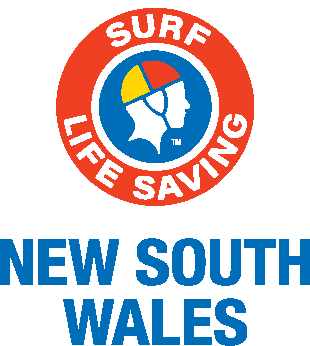Quick thinking by a group of off-duty lifesavers, combined with the assistance of Lifeguards and paramedics, saved the life of a 30-year-old man at Maroubra Beach in Sydney last week.
Maroubra Surf Life Saving Club Treasurer Phillip Carter and State Duty Officer Ryan Rosenbaum were outside the Sydney club on Tuesday afternoon when a member of the public ran over to them looking for assistance.
“We were at the club discussing some possible renovations with an architect when a guy came running up to the fence shouting for help. A friend of his had collapsed while doing a boxercise class nearby,” said Phillip Carter.
“We responded immediately. We split up and I ran to the club’s gear shed to grab the oxygen kit and the defibrillator and Ryan ran to alert the lifeguards who were on duty nearby,” he said.
Ryan Rosenbaum arrived at the patient first and immediately began CPR with the lifeguards. The man responded and began breathing and was put into the recovery position and monitored while an ambulance was called.
However, the man’s condition deteriorated and the team of lifesavers and lifeguards recommenced CPR – again working as a team. The surf club’s defibrillator was attached and the man was administered three shocks in the course of continuous rounds of CPR.
NSW Ambulance paramedics arrived and the patient was handed over to them for treatment. A demand air system was used to clear the man’s airway which had become partially blocked. The man began breathing unassisted and soon regained consciousness. He was able to speak to paramedics and his friends while being moved to the ambulance before being transported to hospital.
Philip Carter, who is a Patrol Captain at Maroubra SLSC, has trained over 150 Surf Lifesavers in first aid and CPR as part of their Bronze Medallion. He said that the man owed his life to the fast response of his friend who recognised the signs of a cardiac arrest and immediately sought help from surf lifesavers.
“Although surf lifesavers were first to respond, the man was saved because lifesavers, lifeguards and paramedics have been trained in CPR and were able to work seamlessly as a team. It really was a team effort,” Phillip Carter said.
While surf lifesavers conduct thousands of rescues and critical first aid treatments each year on our beaches, the fact is they are more likely to be called on to perform CPR on someone in their own home, school, workplace or out in public.
Philip Carter said that in his time at Maroubra as a volunteer surf lifesaver, it was the third time he had been required to use his Surf Life Saving training to administer CPR in an emergency.
Monday 11 May 2020
Photo: Anna Kucera


